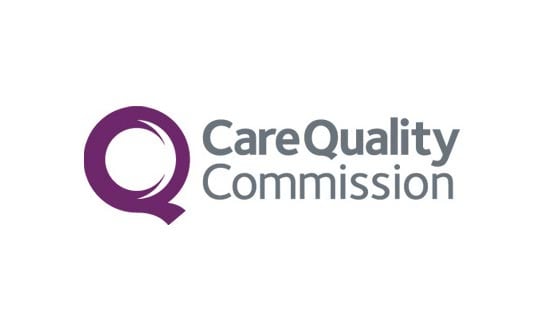MHRA launches regulatory sandbox for AI medical devices
- 16 May 2024

The Medicines and Healthcare products Regulatory Agency (MHRA) has launched its regulatory sandbox, AI Airlock, to address the challenges in regulating medical devices that use AI.
A regulatory sandbox is a tool which allows businesses to explore and experiment with new and innovative products, services or businesses under the supervision of a regulator.
The MHRA initiative aims to respond to the unique challenges that AI as a medical device (AlaMD) products present.
In a press release, published on 9 May 2024, the MHRA says that AI Airlock is “designed to assist in safe development and deployment of AIaMDs” so that manufacturers “can deliver what is required to ensure the real-world viability of these devices”.
The launch of the regulatory sandbox is part of the MHRA’s strategic approach to AI, published in April 2024, which aims to help the government agency “identify and address the challenges for regulating standalone AI medical devices, initially seeking out and supporting four to six virtual or real-world projects through simulation”.
It adds that this will allow the MHRA to “test a range of regulatory issues for the devices when they’re used in the NHS for direct clinical purposes”.
Dr Paul Campbell, head of software and AI at MHRA, said: “We are currently seeing a marked increase in innovative AlaMD products entering the UK market that have the potential to revolutionise the healthcare landscape and provide improved ways to address patient and public needs”.
“The launch of the AI Airlock will enhance our collective understanding and accelerate solutions to novel regulatory challenges, ultimately improving the experience of patients,” he added.
Commenting on AI Airlock, Haris Shuaib, CEO of Newton’s Tree and consultant clinical scientist at Guys and St Thomas’ NHS Foundation Trust told Digital Health News: “There is a lot of uncertainty in the ecosystem in general between healthcare providers and innovators around what the art of the possible is from a regulatory perspective, both in terms of the current regime but also potential new regulations.
“The sandbox will hopefully allow us to test and explore some of these issues with confidence and flesh out some of the challenges that might be hindering more ambitious AI use cases.
“This would then in turn allow innovators to invest in developing new technology with greater confidence and the healthcare system the confidence to adopt them”.
MHRA will collaborate with the NHS AI Lab and the Department of Health and Social Care, as well as taking into account evidence-based work produced by other bodies with a similar focus.
The findings from this partnership will inform future AI Airlock projects and influence future UK and international AIaMD guidance.
In January 2024, the MHRA published its regulatory roadmap for the development of new regulations for medical devices in the UK.




